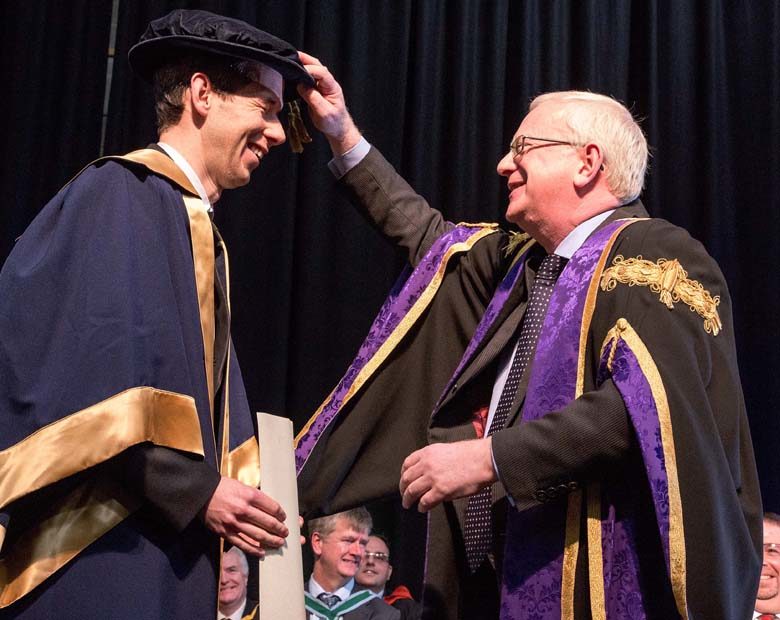
Local politicians and Third Level Institutes have reacted to the publication of the Review into how the Higher Education Authority funds Higher Education Institutions which could have serious financial implications for students.
The Report found that current funding arrangements for Third Level are not sufficient and it calls for the articulation and implementation of a clear funding strategy for the sector that will deliver a robust and steady base of funding to sustain the system into the future. The report, which will now be considered by an Oireachtas committee, outlines three options to address the significant funding deficit in the sector:
1) A State-funded system which abolishes the current college fee of €3,000.
2) Increased State funding with the €3,000 fees being maintained.
3) Increased State funding and a loans scheme, where graduates would pay back the costs of their tuition. This would involve the scrapping of the payments and the introduction of loans for fees of up to €5,000 each year. The loans would be paid back by graduates when they earn a certain income.
Independent TD Michael Fitzmaurice said
“In the current debate about third level funding there is no doubt that the issue has to be tackled but very little has been said about the very serious problem of parents who may just be above the income limits for grants, and who may have two or three children in college at the same time and who are struggling to make ends meet.
DeEveryone knows that the funding of third level education is a very important matter and it has to be addressed but as the debate is held we have got to come up with a payment system that is fair to everyone. We have to be very careful that we do not arrive at a situation whereby there are people who simply cannot afford to send their children to university. Let the debate take place but let’s listen to all sides in the debate and come up with a fair system going forward”
A number of local Third Level Institutes welcomed the mandate given to the Oireachtas committee.
Dr Fergal Barry, President of GMIT
said
“Additional factors should also be considered by the Oireachtas committee such as the specific needs and contribution of the Institute of Technology (IoT) sector in areas such as social equity, enhanced participation and regional economic development. These factors should be kept to the fore,” urges Dr Barry.
President of IT Sligo, Professor Vincent Cunnane
said
“From a regional perspective, it is vital that any new funding scheme for higher education serves to increase access, not limit it. IT Sligo will seek to ensure that that the existing student grants scheme (SUSI) is maintained and allowed to grow.
72 per cent of IT Sligo’s current students are first generation third level students. They come from families with no tradition of accessing higher education. 64 per cent of the IT Sligo student population accesses SUSI student grants.”
Professor Cunnane says any new funding system for Higher Education must ensure that access opportunities are protected and enhanced. “It is vital that the Government ensures that there are affordable opportunities for our particular student population to access third level education. This includes the thousands of families who may fall outside the eligibility criteria for grant assistance, but for whom, meeting the costs of higher education is extremely difficult.”

